Hi everyone
Need help with this coin, I am not a ancient coin specialist but know that the easiest way to clean is through electrosis. question is the buildup on this coin is about the same width as the coin and is damn hard, will this destroy the coins integrity?? the coin has been soaking for a good year and a half in olive oil with about 300 others, unfortunately this one is is probably the heaviest soiled, I thought that this may be gold to start with but it does have a pinkish tone. Did they make copper coins back then any help appreciated.
any help appreciated.
Sasnz
Need help with this coin, I am not a ancient coin specialist but know that the easiest way to clean is through electrosis. question is the buildup on this coin is about the same width as the coin and is damn hard, will this destroy the coins integrity?? the coin has been soaking for a good year and a half in olive oil with about 300 others, unfortunately this one is is probably the heaviest soiled, I thought that this may be gold to start with but it does have a pinkish tone. Did they make copper coins back then
 any help appreciated.
any help appreciated.Sasnz


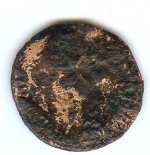
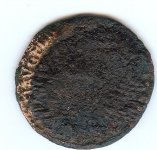
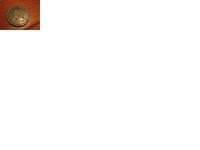
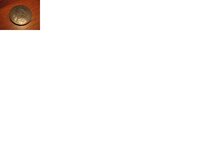
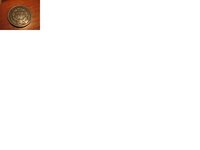
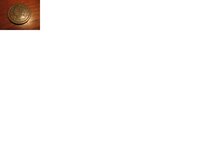

 .
.


